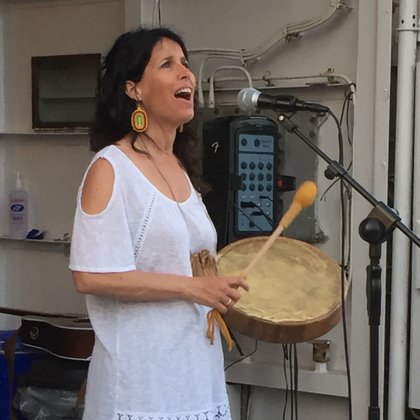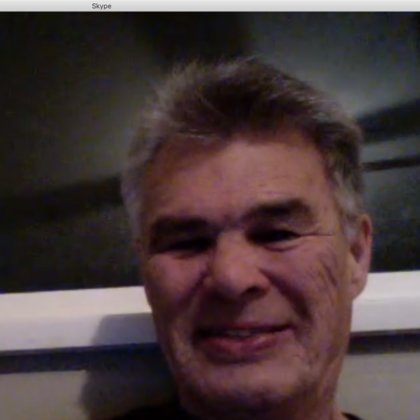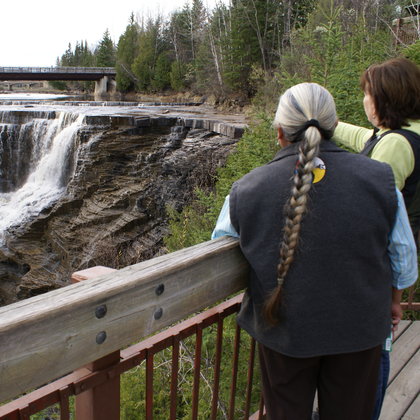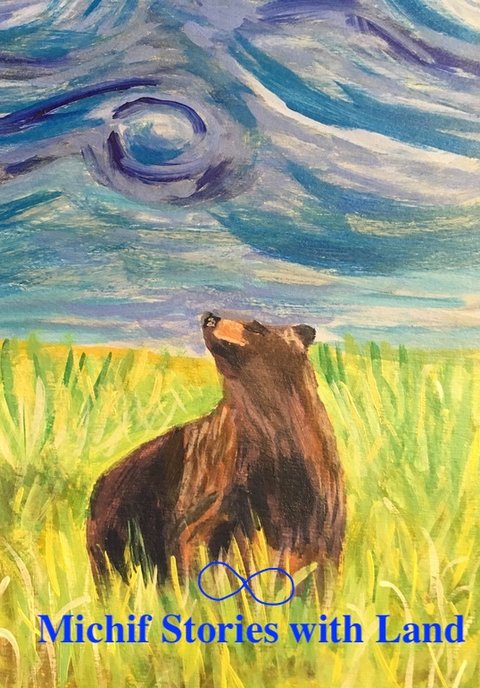
Michif Stories with Land
Elder stories and new Michif music, take the audience on a journey to reweave a story of relationships with land.
Video
Pitch video
Synopsis
Michif, the language of Métis people, is adapted to its environment on traditional territories. But Michif is a highly threatened language with fewer than 800 speakers. This documentary records the intergenerational process of developing Michif-language songs for teaching the language. An amazing new and old way to learn a language is using music. Tom McCallum, the well-known Michif-speaking Elder, Sundance lodge keeper and traditional teacher, shares stories with land. Internationally-renowned singer-songerwriter and activist Andrea Menard, working with Tom, composes songs based on Tom’s stories. Their stories and songs take us on a journey through Michif language metaphors to help connect us to our homeland in modern times.
The team
The team consists of award winning filmmaker(s) Jaro Malanowski, Avatar Media and composer and award-nominated Métis musician Andrea Menard.
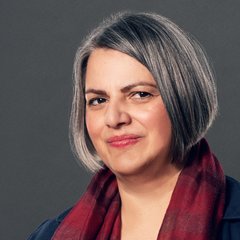
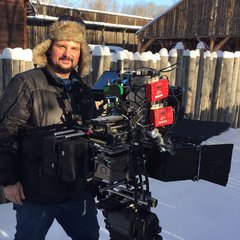
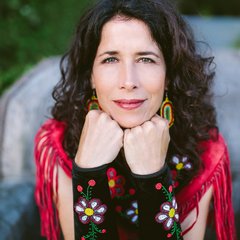
Production
Interview Roster
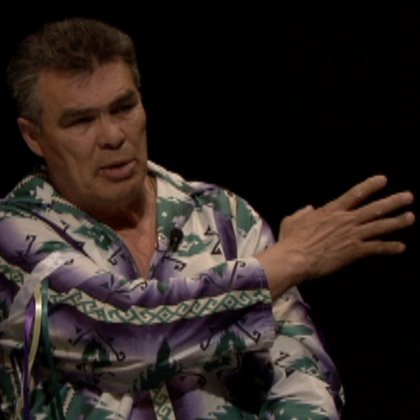
Tom McCallum, White Standing Buffalo, shares stories in Michif language and ways it captures the ideas of life in traditional territories, on the Métis homeland, and in community today. His stories help us understand the interrelationship with land based on deep understandings in Michif. Both traditional understandings and current urban relationships are explored.
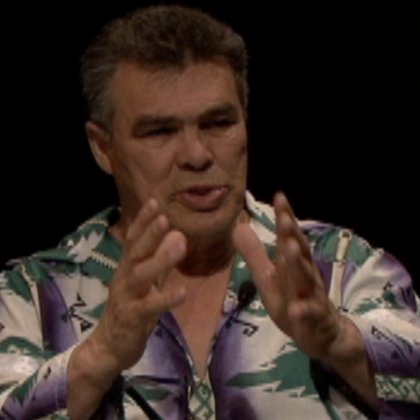
Tom McCallum, White Standing Buffalo, is a Sundance lodge keeper, Elder, advocate of the Michif language, and healer. He is an eloquent speaker and impassioned advocate for the Michif language. I am grateful to him for all he has taught me. Tom uses metaphors to help us understand the ideas of Indigenous language and its connections to culture and the land.
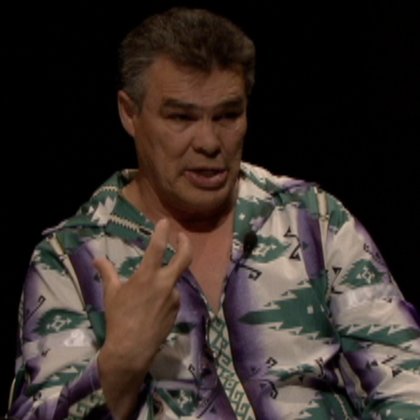
Tom McCallum, White Standing Buffalo, shares stories in Michif language from his intimate knowledge of the language. Sharing in the verb-based language of Michif is very different than understandings in the noun-based language of English. He explores these differences using simple Michif words and their deep meanings. He helps English-only speakers get beyond their limitations to begin to understand our relationships with land from Indigenous perspectives.
Production Design
